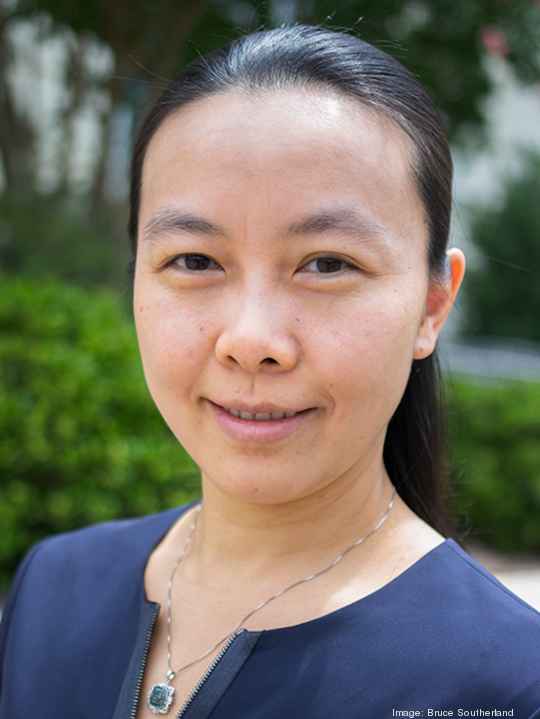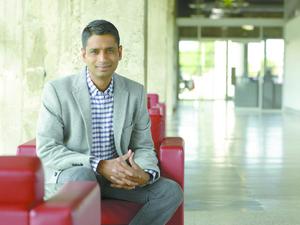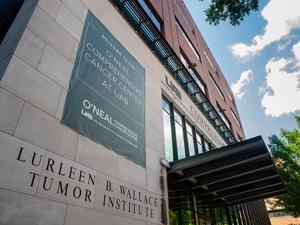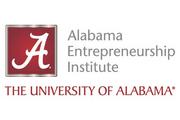
A local professor has been awarded a $1.2 million grant from the National Science Foundation’s Secure and Trustworthy Cyberspace program.
Chengcui Zhang, professor in the department of computer science at the University of Alabama at Birmingham, was awarded the four-year grant to investigate the robustness and security of election systems that read hand-marked paper ballots, while developing technology to better scan and ensure security of manually filled-out bubble targets.
With most elections relying on hand-marked paper ballots being scanned for consideration, the most sophisticated election scanning systems simply look at darkness of marks in the intended bubble target. This can cause traditional paper ballot scanners to miss marks that are insufficiently filled in, or to mis-categorize stray marks and scanner noise as filled bubbles. These scanners also are unable to identify potentially fraudulent voting instances where a single voter has filled out multiple ballots, an inherent security problem, as votes are audited.
To enhance and make the voting tabulation process more secure, Zhang and her co-principal investigators from Texas A&M University and Rice University will build an artificial intelligence assistive tool called “Bubble Aid” that will complement the existing ballot auditing system by better recognizing hand-marked bubble targets, using data from millions of real ballots in the development of this technology.
“Preliminary work that we have carried out at UAB indicates that there is a possibility to automatically detect ballot markings filled out by the same person by evaluating the visual similarity between different ballots based on visual resemblance of ballot marking styles," Zhang said. "There are many down-stream implications and significance to having updated technology like this available."
By using human-made ballot marks in its training, Bubble Aid’s intention is to better detect inconsistencies and fraudulence in ballots, while presenting ballots that Bubble Aid deems invalid to election workers for further review. Part of the research will employ a human component — having participants to mark test ballots, deliberately injecting noise into them, or filling multiple ballots to emulate the fraudulent scenario, in order to gain additional training data.
Beyond election ballot scanning, Bubble Aid aims to make other applications of hand-marked forms like standardized testing more efficient and secure.









